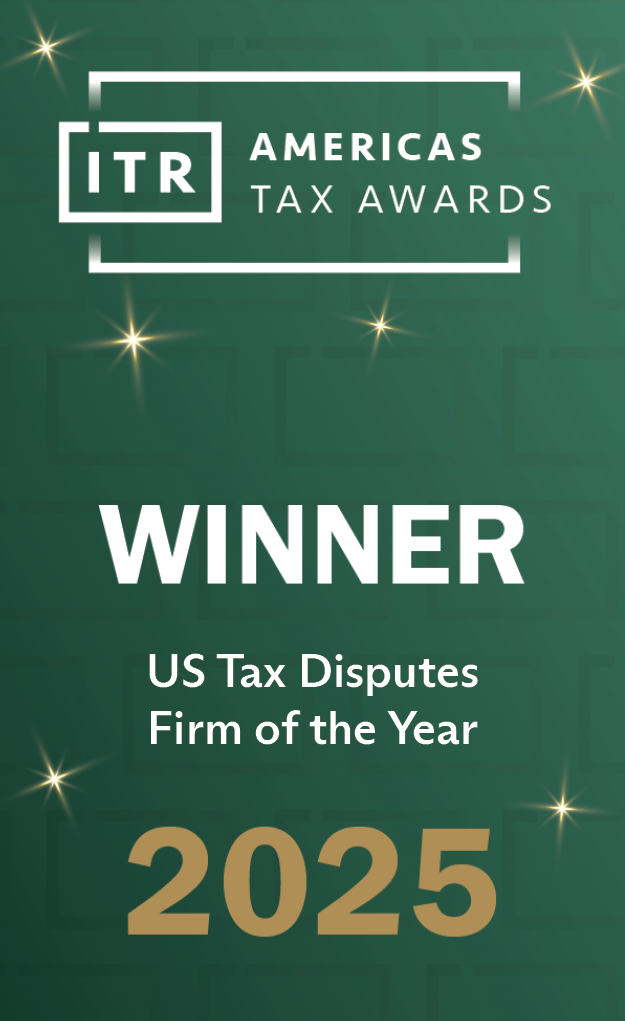As most taxpayers know, under Internal Revenue Code (Code) Section 6501(a), the Internal Revenue Service (IRS) generally has three years after a tax return is filed to assess any additional tax. However, Code Section 6501 provides several exceptions to this rule, including but not limited to the following.
- False or fraudulent returns with the intent to evade tax (unlimited assessment period)
- Willful attempt to defeat or evade tax (unlimited assessment period)
- Failure to file a return (unlimited assessment period)
- Extension by agreement (open-ended or for a specific period)
- Adjustments for certain income and estate tax credits (separately provided in specific statutes)
- Termination of private foundation status (unlimited assessment period)
- Valuation of gifts of property (unlimited assessment period)
- Listed transactions (assessment period remains open for one year after certain information is furnished)
- Substantial omission of items (six-year assessment period)
- Failure to include certain information on a personal holding company return (six-year assessment period)
If the IRS issues a notice of deficiency and the taxpayer files a petition in the Tax Court, the statute of limitations on assessment is extended until after the Tax Court’s decision becomes final. See Code Section 6503(a); see also Roberson and Spencer, “11th Circuit Allows Invalid Notice to Suspend Assessment Period,” 136 Tax Notes 709 (August 6, 2012).
Two of the limitations periods that can potentially apply in the international context include Code Sections 6501(e)(1)(C) and 6501(c)(8).
Section 6501(e)(1)(C) provides for a six-year assessment period if “the taxpayer omits from gross income an amount properly includible therein under section 951(a).” In other words, omitting any amount of Subpart F income can trigger the extended limitations period. The Tax Court recently applied this provision in Crestek, Inc. v. Commissioner, 149 TC No. 5 (July 27, 2017), wherein it held that the six-year period applied where the IRS mailed a notice of deficiency more than three years but less than six years after the tax returns at issue were filed and correctly determined that an amount was omitted under Code Section 951(a).
Section 6501(c)(8) deals with the failure to provide any information that is required to be reported to the IRS under certain Code provisions dealing with elections and information returns. If the information is not provided, the statute of limitations for the entire tax return does not expire before the date, which is three years after the date on which the IRS is furnished the information required to be reported. There is a reasonable cause exception to this rule which, if applicable, would limit the application of the extended period to just the item or items related to the failure to provide the required information. For example, the failure to file a Form 5471, Information Return of US Persons With Respect To Certain Foreign Corporations, can potentially keep the statute of limitations open for the entire tax return even though the failure may only relate to one foreign corporation.
We are currently drafting articles on Crestek and statutes of limitation in the international context which will be published in the near future in Tax Management International Journal and the International Tax Journal. We will provide links to those materials after they have been published.







